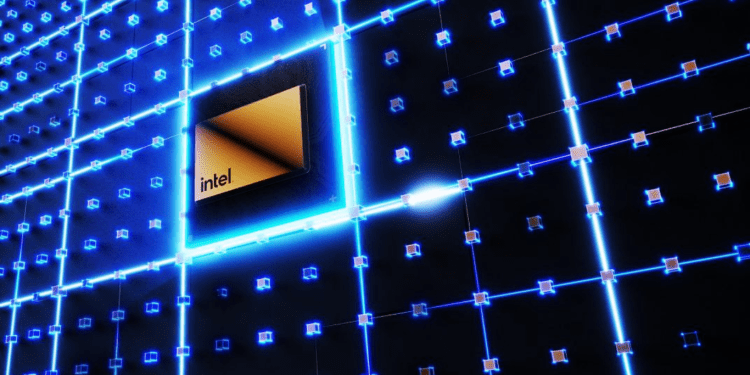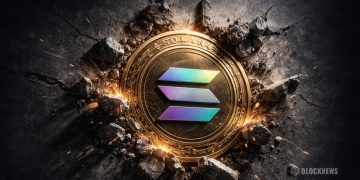- Intel announced plans to discontinue its Blockscale Bitcoin mining chip series, with orders stopping by October 20, 2023, and shipping ceasing around April 2024.
- The decision comes amidst a recovering cryptocurrency market and aims to prioritize manufacturing certain chips for outside customers while reducing overall costs.
- Bitcoin mining companies faced significant challenges in 2022 due to plummeting prices, leading to bankruptcies and forced sales of cryptocurrency holdings.
Intel, one of the world’s leading technology companies, recently announced its decision to discontinue its Blockscale Bitcoin mining chip series. This decision comes just over a year after introducing the mining chips, and it’s expected to impact the cryptocurrency mining sector.
According to a report from Reuters, Intel will stop taking orders for the Blockscale 1000 Series ASICs by October 20, 2023, and cease shipping around April 2024. This move is part of Intel’s strategy to prioritize manufacturing specific chips for outside customers and to cut overall costs. The Blockscale mining chips, launched in April 2022, boasted a hash rate of up to 580 gigahash per second and could be combined into a single mining unit. Mining firms like Argo Blockchain, Block, Hive Blockchain Technologies, and GRIID Infrastructure were among the first to integrate Intel’s technology into their operations.
Market Conditions and Setbacks in the Crypto Mining Industry
Intel’s decision to discontinue the Blockscale series comes when the cryptocurrency market has been slowly recovering from a steep decline in 2022. Bitcoin’s price plummeted throughout the year, putting significant pressure on mining companies. Many miners were forced to sell most of their cryptocurrency holdings to stay afloat, and some well-known companies like Core Scientific filed for bankruptcy.
However, 2023 has shown signs of improvement for the crypto-mining industry, with Bitcoin’s price rising above $30,000 earlier this year. Additionally, US states like Missouri, Montana, and Arkansas have passed laws protecting cryptocurrency miners from discriminatory treatment and providing clear rights and protections. Despite these positive developments, Intel’s decision to discontinue its Blockscale series could challenge the industry’s growth.
The Future of Bitcoin Mining and Intel’s Role in the Crypto Space
With Intel discontinuing the Blockscale series, it’s still being determined how the Bitcoin mining landscape will evolve. Intel’s chips had the potential to break the duopoly in the market, which Bitmain and MicroBT currently dominate. The company has stated that it will continue to monitor “market opportunities” in the crypto space, but no plans for a next-generation mining chip have been announced.
For existing Blockscale customers, Intel has assured them that it will continue to provide support even as the company shifts its focus to its IDM 2.0 strategy. This strategy involves outsourcing chip-making operations to outside customers while increasing its production of smaller and faster chips.
Intel’s decision to discontinue its Blockscale Bitcoin mining chip series is a significant development in the crypto mining industry. While the market has shown signs of recovery, losing anv important player like Intel may present challenges for future growth. Nevertheless, the crypto mining landscape is known for its resilience and adaptability, and how the industry will respond to this latest setback remains to be seen.












